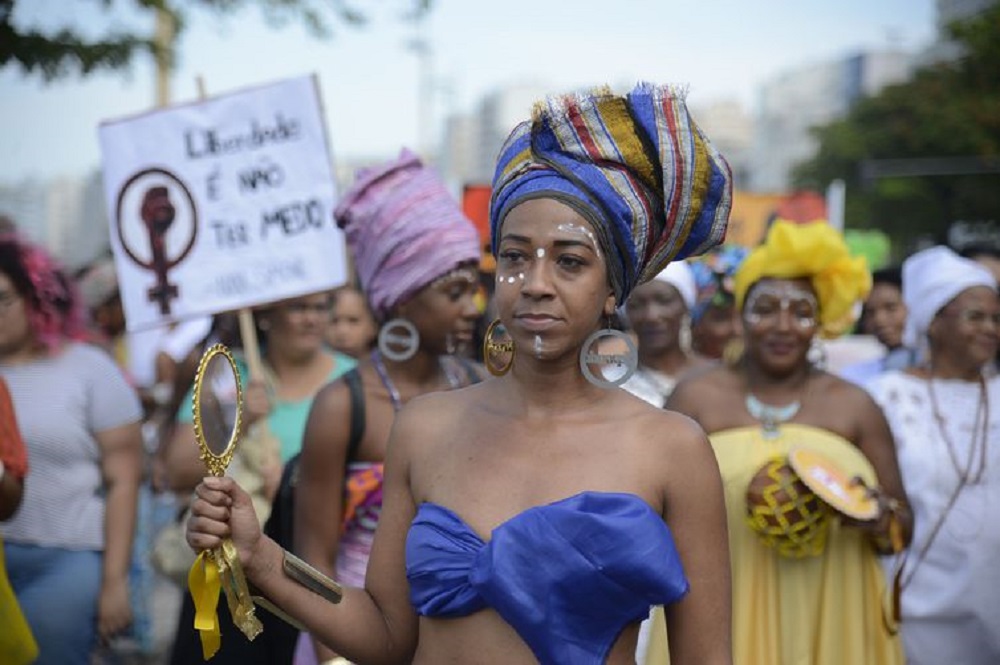RIO DE JANEIRO, BRAZIL – Inclusion in the labor market is the most urgent issue for the black population, according to the study ‘Awareness among Urgencies’: Guidelines and Potential of the Black Population in Brazil’, released yesterday, November 18th, by Google Brazil.
In the opinion of 46 percent, professional placement is one of the priority issues for the lives of black people.

The study was carried out by Mindset consulting and Datafolha Institute and interviewed 1,200 black and mulatto individuals over the past month of October.
Structural Racism
Structural racism – a topic that emerged as the most discussed in the research – is also pointed out as one of the most urgent for the black population (44 percent).
In relation to racism pervading public and private institutions in Brazil, issues such as representativeness in politics and the obliteration of the history of blacks in school and university curricula were raised.
According to the study, seven out of ten blacks do not feel represented by rulers.
Voting for black candidates is an important agenda for 61 percent of the black population, with more appeal among the less economically favored (73 percent among classes D and E) than among those who are better placed socially – 47 percent in classes A and B. For 69 percent, commercial labels deal superficially or opportunistically with issues related to blackness.
Feminism and genocide
Black feminism was pointed out as an urgent issue by 23 percent of the black population, followed by the genocide of blacks (24 percent).
The high number of violent deaths among blacks is a major concern for young people, affecting 28 percent in the 16 to 34 age group, although dropping to 18 percent among those aged 60 years and over.
The sense of urgency regarding genocide is higher among those with higher education (30 percent) and lower among those who studied only up to primary school (14 percent).
The inverse relation occurs with black feminism, pointed out as urgent for 18 percent of the individuals with higher education and for 30 percent of those with only elementary education.
Affirmative action policies such as racial quotas, ranked fifth, viewed as priorities for 19 percent. The sense of urgency for this type of policy is greater among men (23 percent) than women (17 percent).
Activists
The research showed that half of the black population considers itself an activist for the rights of this share of society. This feeling is greater among the poorest, reaching the level of 63 percent in classes D and E, than among those with a better financial condition, standing at 31 percent in classes A and B.
For 91 percent of the black population, Black Awareness Day – remembered on November 20th – is an important date to keep the heroic stories of blacks alive.
Source: Agência Brasil

